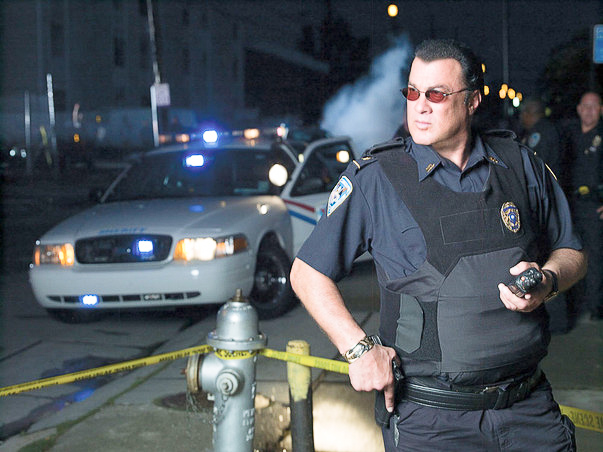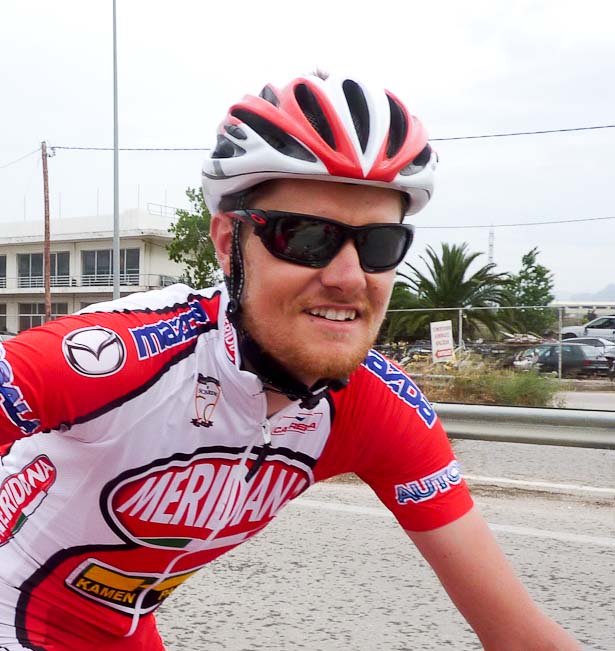
I was chatting to a friend the other day who expressed how sad he was about the whole Lance Armstrong situation; I think that is something we can all agree on… Heroes, Heroism and Amorality. Then later in the conversation he went on to say how he hoped Sky were clean, thus setting himself up for more potential sadness and disappointment.
I’ve already written about how to be a cycling fan recently but I feel obliged to continue my teachings in light of increasing revelations.
I need to keep you all on the straight and narrow and not get too disappointed in the future.
A few riders, ex-riders and bigwigs; some disgraced, others deified and the rest somewhere between those two extremes have been saying things that make me concerned that not only will pro cycling not change, its fans won’t either.
Fear not people, I am here to save you and help you appreciate cycling for what it is.
* * *
Lesson 1: There are no heroes
There is no such thing as a hero.
Heroes, like Santa Claus, the Tooth Fairy and the Easter Bunny simply do not exist.
Instead we have human beings who occasionally do heroic acts, it sounds like a minor distinction but it really isn’t.
Human beings aren’t perfect, even ones that win the tour or give you warm fuzzy inspirational feelings inside your tummywummykins to give you that extra 10 watts before your turbo session.
* * *
Lesson 2: There are heroic acts
Nothing was more enjoyable that watching Vino win the Olympics or Contador destroy the field on his way to winning the Vuelta this year.
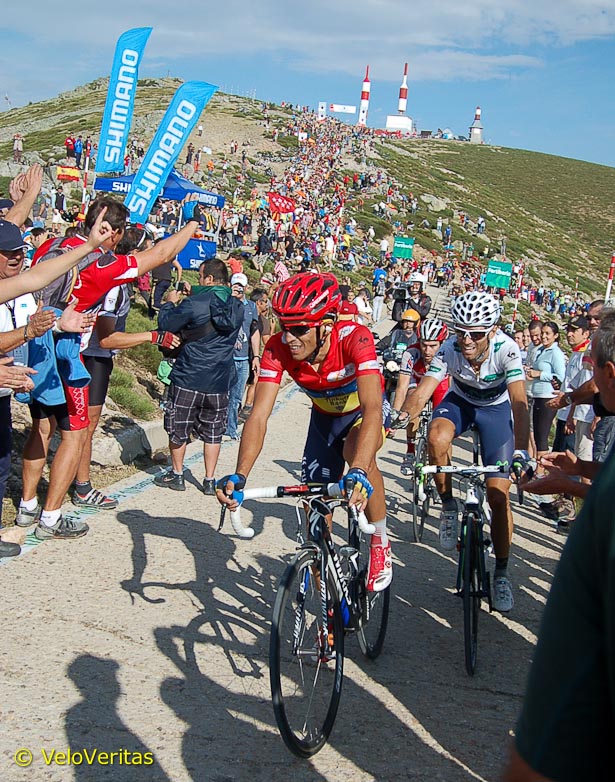
Oh yeah, and some people also enjoyed Wiggins at the Tour and team GB in general (picking your “heroes” by nationality, another topic of discussion…).
These races are self-contained episodes of a rider’s career; they are without doubt heroic acts when taken at face value.
You can be inspired by it, you can be motivated by it and you can get good vibes off it, there is no shame in it – I’m talking about Vino and Contador here.
I know someone who still watches Lance Armstrong videos to psyche himself up before going out riding, he is a rational being, it’s understandable – he’s also a triathlete but I don’t think that has much to do with it.
* * *
Lesson 3: Amorality
A simple and shitty fact about the world we live in: you can get further in life if you don’t mind too much about whether you’re doing the right thing or not.
Nobody is perfect, we are all prone to making errors, we are also all prone to taking advantage of situations that we perhaps shouldn’t. We all do it, there are no exceptions (see lesson 1).
All people being different we cheat to varying degrees, sometimes we do something wrong and don’t care, sometimes we do something worse and then we do.
That line in the sand is in a different place for everyone, it stands to reason that the more things you don’t care about the less of an obstacle your morals are going to be to getting ahead in life.
Question: So if there are no heroes who should I support?
You don’t have to support anyone if you don’t want to, cycling can be appreciated on a whole new level as a neutral, and it’s a massively underrated stance to take in sport. Seriously, read about it.
Question: No but really, who should I support?
Support someone whose line in the sand is in a similar place to yours and most importantly puts their hand up in the air when they (inevitably) do something wrong.
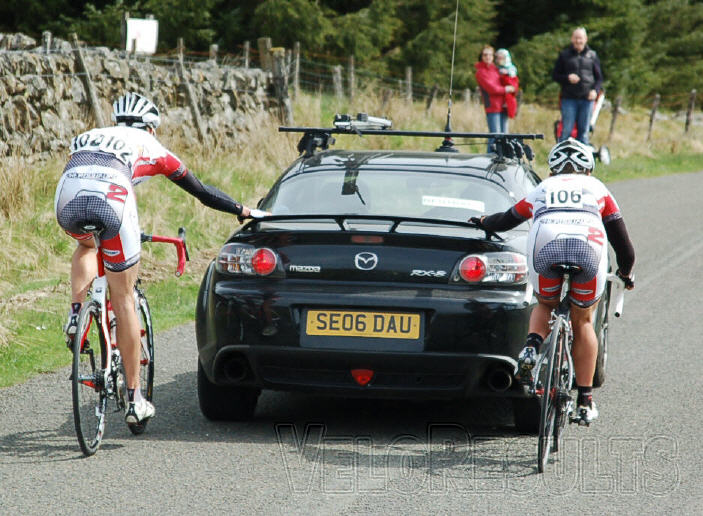
This photo is presented without any accompanying story, it’s just there to prove that I’m not being preachy, just stating facts, also because I am massively insecure and just want to be loved.
Recap, what have we learnt so far?
We all watch lots of movies, right?
I like Steven Seagal ones because you always know where you are with the potbellied purveyor of hamfisted justice.
He comes in like a portly, middle aged and distinctly sweaty white knight in shining armour, kicks the bad guys asses and buggers off home for tea and medals, all in about 120 minutes.
It’s the same story in every movie, all I really want is something to stop my head from thinking for a while and ‘greasy Stephen’ is like an antidepressant to me, he’s like a temporary lobotomy after dinner to help me go to bed.
It’s predictable and it’s called a Hollywood narrative: The good guys are good and the bad guys are bad, they sure as hell aren’t flawed human beings or obey my rules, that’s for sure.
* * *
Lesson 4: Real life (which includes pro cycling) makes a terrible Hollywood narrative
Everyone tries to make the latest big champion into a Hollywood hero, this is always destined to result in failure, the journalists do it, the rider does it, his/her teammates do it, the peloton does it, their managers do it, their sponsors do it, his/her national papers do it and their fans do it until all perspective is lost.
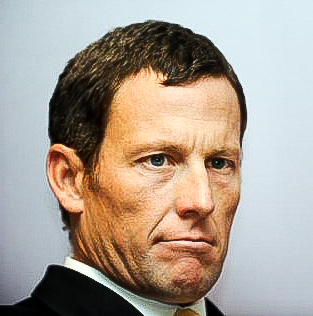
At this point even I start to think that the sun shines out of their arse.
Then along comes something to destroy that image, ranging from something as big as a positive test to something as small as a malformed opinion about cycle helmets; and thankfully the lightbulb between their buttcheeks is extinguished again, much to the the dismay of the (now mesmerised) fans.
Here’s an extensive list of people who despite their fans’ and sponsors’ best efforts no longer fit into a Hollywood narrative of being pure as the driven snow (or pure evil):
- Lance Armstrong.
- Every other pro cyclist ever, doped or not, retired or not.
- Everyone else.
So in summary, don’t proclaim the next big bike race winner as a god, appreciate their achievements for what they are: riding a bicycle very fast.
And if you want a hero then treat their victories like I do: like a self-contained 120 minute Steven Seagal movie.
Just remember not to donate to charities named after people who are still alive and that Seagal isn’t a badass crime fighter in real life after the director says cut… oh wait, what? He does? My metaphor is ruined!
